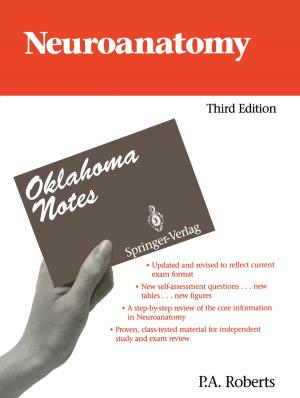The Archaeology of Anxiety
The Materiality of Anxiousness, Worry, and Fear
Nonfiction, Social & Cultural Studies, Social Science, Archaeology, Anthropology, History| Author: | ISBN: | 9781493932313 | |
| Publisher: | Springer New York | Publication: | December 17, 2015 |
| Imprint: | Springer | Language: | English |
| Author: | |
| ISBN: | 9781493932313 |
| Publisher: | Springer New York |
| Publication: | December 17, 2015 |
| Imprint: | Springer |
| Language: | English |
Recent efforts to engage more explicitly with the interpretation of emotions in archaeology have sought new approaches and terminology to encourage archaeologists to take emotions seriously. This is part of a growing awareness of the importance of senses—what we see, smell, hear, and feel—in the constitution and reconstitution of past social and cultural lives.
Yet research on emotion in archaeology remains limited, despite the fact that such states underpin many studies of socio-cultural transformation. The Archaeology of Anxiety draws together papers that examine the local complexities of anxiety as well as the variable stimuli—class or factional struggle, warfare, community construction and maintenance, personal turmoil, and responsibilities to (and relationships with) the dead—that may generate emotional responses of fear, anxiousness, worry, and concern.
The goal of this timely volume is to present fresh research that addresses the material dimension of rites and performances related to the mitigation and negotiation of anxiety as well as the role of material culture and landscapes in constituting and even creating periods or episodes of anxiety.
Recent efforts to engage more explicitly with the interpretation of emotions in archaeology have sought new approaches and terminology to encourage archaeologists to take emotions seriously. This is part of a growing awareness of the importance of senses—what we see, smell, hear, and feel—in the constitution and reconstitution of past social and cultural lives.
Yet research on emotion in archaeology remains limited, despite the fact that such states underpin many studies of socio-cultural transformation. The Archaeology of Anxiety draws together papers that examine the local complexities of anxiety as well as the variable stimuli—class or factional struggle, warfare, community construction and maintenance, personal turmoil, and responsibilities to (and relationships with) the dead—that may generate emotional responses of fear, anxiousness, worry, and concern.
The goal of this timely volume is to present fresh research that addresses the material dimension of rites and performances related to the mitigation and negotiation of anxiety as well as the role of material culture and landscapes in constituting and even creating periods or episodes of anxiety.















